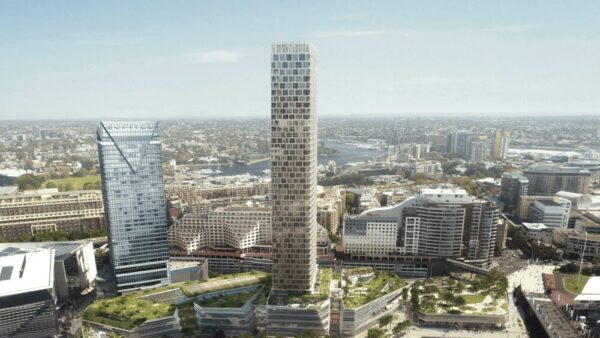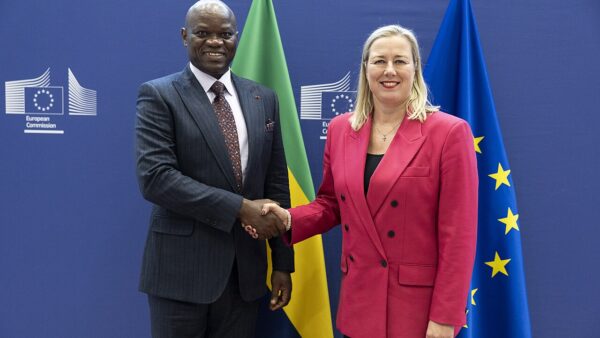The Metropolitan Police Service (MPS) have refused to confirm or deny whether undercover officers were used to monitor the activities of the Blacklist Support Group, which is campaigning for compensation for UK construction workers who were subjected to discrimination by a large number of contractors.
The statement from the MPS was given yesterday in response to a freedom of information request by investigative journalist Phil Chamberlain. He had requested “copies of any files held by the Metropolitan Police (including Special Branch) on the organisation called the Blacklist Support Group. This is a group campaigning for the rights of those refused work because of their union activities.”
The MPS responded that it was in the “public interest” that they refuse to “confirm or deny in order to safeguard national security” the existence of files on the Blacklist Support Group. It did say, however, that “some information is held that may ‘relate’ to the Blacklist Support Group”.
The UK police service has been implicated in supplying information to the Consulting Association, the organisation that maintained the blacklist on behalf of subscribing companies.
David Clancy, the Information Commission Office (ICO) investigator who uncovered the blacklist after reading an article in The Guardian written by Chamberlain, told an industrial tribunal in March 2012: “There is information on the Consulting Association files that I believe could only be supplied by the police or the security services. The information was so specific and it contained, in effect, operational information that wouldn’t have formed anything other than a police record.”
It later emerged that the ICO’s 2009 raid on the Consulting Association had uncovered a report of a meeting in November 2008 between the Consulting Association and officers from the police National Extremism Tactical Co-ordination Unit, which runs undercover officers.Â
This information was then supported by an announcement from the Independent Police Complaints Commission in October in last year that a Scotland Yard inquiry had found that it was “likely that all special branches were involved in providing information” for the blacklist.
The issue of undercover surveillance of legitimate protest groups is controversial in the UK. Recent revelations that police officers began sexual relations with women activists has attracted widespread media attention.
Lawyers working for the Blacklist Support Group have submitted a complaint to the Independent Police Complaints Commission about the role of the police in blacklisting.Â
Sarah McSherry, a solicitor from Imran Khan and Partners, said: “While correspondence from the police in relation to this complaint continually raises concerns about the quality of their investigation, it is interesting to note that they confirm that they have identified a potential ‘flow of information between Special Branch and the construction industry’.”
A blacklisting group litigation case returns to the Royal Courts of Justice on Thursday 16 October.






